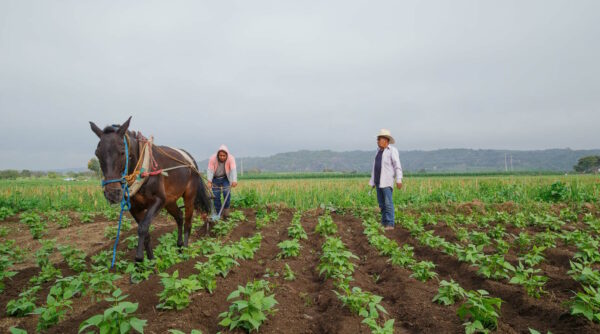Security of energy supplies is critically important for a nation. That’s why countries often have to make difficult political decisions when it comes to not offending the wrong country. We saw this with Russia and gas supplies, with many countries being reluctant to impose too many sanctions early on.
There have been fuel shortages before (most notably in America in the ’70s), but what would happen if the diesel supply in the UK suddenly dried up?
- As most freight is delivered on trucks followed by trains, which rely on diesel, there would rapidly be shortages of consumable goods (supermarket shelves would empty quickly due to panic buying, and deliveries would not be able to restock shelves)
- Trucks coming across on ferries or through the tunnel would perhaps only deliver within a short radius so they could turn back and refuel in Europe; they may need security escorts to stop people siphoning diesel from their tanks
- Small civil skirmishes may break out over access to fuel
- Businesses would begin to close as important materials would not be able to be delivered. For example, restaurants would run out of food, and work would stop on mining and most construction projects (a lot of civil construction machinery also runs on diesel)
- The last drops of diesel would be bought from fuel stations after just a few days; a black market in diesel would be established
- Almost all public transport would stop, including air travel which relies on being refueled from tanker trucks on the tarmac
- Rubbish collections would be suspended, leading to massive piles of rubbish in the streets, and a rapidly developing rat problem
- Essential services such as water and electricity would be disrupted
- Diesel private vehicles would cease to be worth any more than parts value; vehicles with other fuels (electric vehicles and petrol vehicles) may become more valuable due to demand
- Most production of materials would end within a few days, and massive unemployment would ensue
- Large-scale agriculture would stop as tractors and harvesters ran out of fuel
- Roads would not be able to be maintained
- Small local markets would be set up
- Freight distribution would move to small petrol-powered vans
- Diesel-powered ambulances and fire engines would be unable to operate
- Services that rely on generators or backup generators would mostly stop or be compromised
- Pollution levels would drop, particularly of the nitrous oxides and diesel-related particulates
- Most driver and operator training for construction machinery and transport would stop, unless done via a simulator
- As heavy road traffic dropped, some streets would be much quieter
- Alternative energies would boom: biofuel plants might experience an increase in demand for fuel to eke out supplies of the last remaining diesel (most diesel engines can’t run on 100% biodiesel), and solar power would get a boost.

